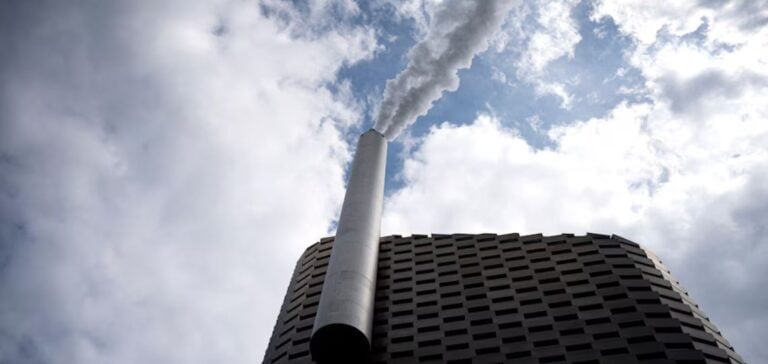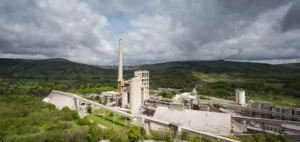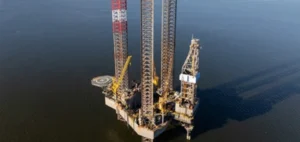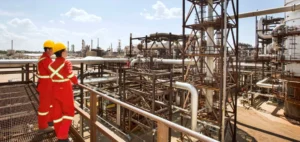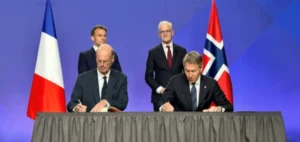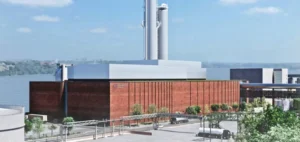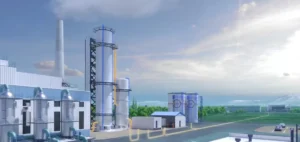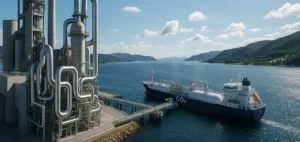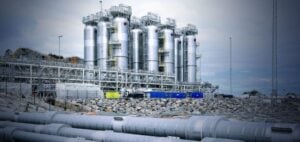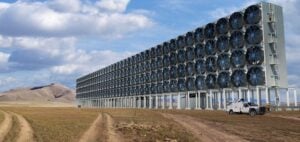Carbon capture and storage (CCS) and direct air capture (DAC) are at the forefront of efforts to reduce CO2 emissions. CCS intercepts CO2 at source, while DAC tackles CO2 already in the atmosphere. In a context where global action on climate change remains insufficient, these methods offer a dual strategy for tackling carbon emissions, each with its own challenges and opportunities,
The current state of CCS and DAC
CCS has been used since the 1970s, mainly to increase oil recovery, but its role is evolving towards emissions reduction. By the end of 2023, 40 CCS installations were capturing around 45 Mt of CO2 annually. The more recent DAC has fewer than thirty installations, underlining the need for significant expansion to impact overall emissions.
Ambitious goals for the future
To achieve carbon neutrality by 2050, CCS must increase its capture capacity to 1.3 billion tonnes of CO2 per year by 2030. DAC also needs to step up its efforts, aiming to extract 60 million tonnes annually. Ongoing projects and the forthcoming opening of new facilities, notably in the United States, point to growth potential.
The cost challenge
Current costs for CCS and DAC vary widely, with DAC being particularly expensive. However, projections indicate a significant drop in costs by 2050, making these technologies more viable and attractive to investors and public policy.
Investments and support policies
Tax credits in the USA and Canada are encouraging investment in CCS, while China and South Korea are stepping up their efforts. Support for DAC is also growing, with companies such as Climeworks at the forefront, which is receiving backing from major corporations for the “permanent removal” of CO2.
CCS and DAC are essential components of the global strategy against global warming. Although facing cost and scale-up challenges, these technologies are enjoying growing interest and strategic investment, offering hope and potential for achieving global climate goals.

